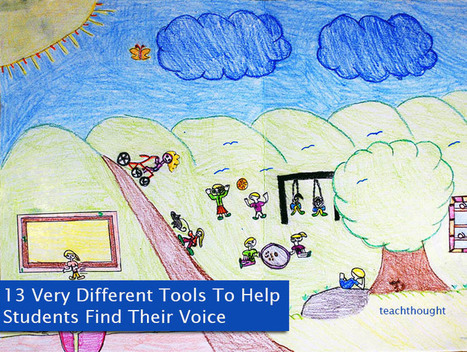In 2008, Fran Simmons, an English teacher at NewDorpHigh School in New York—at that time one of the lowest-performing secondary institutions in the nation— devised a simple test for her students in an effort to keep district officials from pulling the plug. First, she asked her freshman class to read Of Mice and Men. Then, using information from the novel, she asked them to answer the following prompt in a single sentence:
“Although George …”
She was looking for a sentence like: Although George worked very hard, he could not attain the American Dream.
What Simmons received was alarming in the truest sense of the word. Some students wrote passable sentences, but many could not manage to finish the line. More than a few wrote the following:
“Although George and Lenny were friends.”
Via
Beth Dichter



 Your new post is loading...
Your new post is loading...













adicionar a sua visão ...
Looks like a sales site but has some good background info.
Reading comprehension is so important. There are so many children who can decode brilliantly but have difficulty with comprehending...an essential part of reading. Good tips.